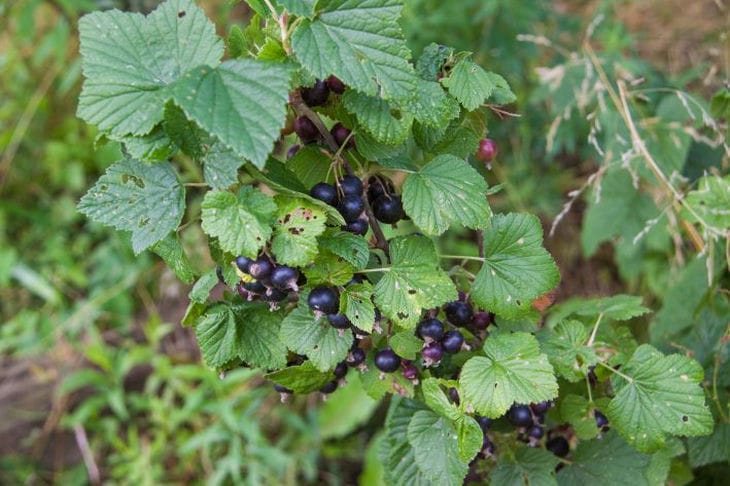Any summer resident knows that for currants you need to choose a sunny place where there are no strong winds and the temperature is slightly higher than in open areas.
The problem is that most plants need the same conditions, and the plot is not elastic. Therefore, many people wonder whether it is possible to plant currants in the shade and get a good harvest.
A shadow is not a death sentence
Of course, you can expect the maximum yield and sweetness of berries if the bush grows in the sun. However, planting in openwork shade has a number of advantages, especially given climate change. In recent years, droughts and heat up to 30 degrees have become the norm even where summer temperatures rarely rose above 25 degrees before. And this has a negative effect on currants if they grow in the sun.
Currants have a number of characteristic features.
- It has a fibrous root system (roots diverge in a horizontal plane), so it is very sensitive to soil drying out.
- It does not like dry air, as it comes from a temperate climate where there is constant precipitation.
- It is a shrub, so in the wild it grows not only in open areas, but also under the shade of trees.
In the shade, the sun's rays do not dry out the soil as much, and the air humidity is slightly higher. Therefore, it is quite possible to get a good harvest. Important: we are not talking about a deep shadow from a wall or maple, but about partial shading. For example, about planting under an apple or pear tree, whose crown is regularly thinned.

Don't overuse nitrogen
In the shade, plants process nitrogen worse, as they lack solar energy. Therefore, when applying nitrogen fertilizers, it is better to reduce the dosage.
Add potassium
To make the berries sweeter, it is necessary to add potassium, as it is responsible for the accumulation of sugars. Potassium is also one of the most important nutrients for currants, which promotes the development of the root system, improves the quality of the fruit and increases resistance to diseases.
Ash is a good source of potassium for currants. It contains not only potassium, but also other important nutrients. Ash can be added to the soil in early spring and late summer, as well as when the berries are set.
Use bone meal
Bone meal is another good fertilizer. It contains not only potassium, but also other useful nutrients such as calcium and phosphorus. The meal can be added to the soil in the spring or fall.
Currants do not necessarily need to be planted in the sun. Even in the shade, if you slightly adjust the care, it will give not only a rich, but also a tasty harvest.








